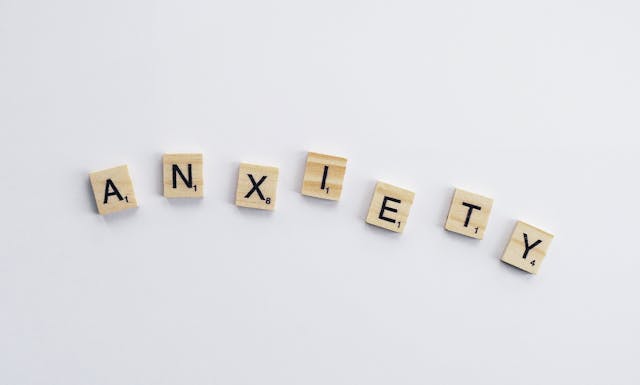Anxiety is a mental health condition that affects people with negative symptoms. Its impact may range from mild worry to severe disruptions in daily life. Recognizing how anxiety can influence routines and understanding available treatment options is the first step toward managing its effects.
What Is Anxiety?
Anxiety is a natural response to stress or perceived danger. It’s characterized by feelings of worry, tension, or fear that may be disproportionate to the situation. While a certain level of worry is normal and can help people stay alert in challenging situations, persistent or excessive anxiety may interfere with daily functioning.
Anxiety becomes problematic when it is difficult to control and lasts over time. This type of anxiety can manifest physically through symptoms like rapid heartbeat, sweating, and restlessness, and mentally as racing thoughts or difficulty focusing. Consulting a specialist helps diagnose these symptoms.
What Are the Types of Anxiety Disorders?
There are many different types of disorders, all with various symptoms and effects on the individual.
- Generalized Anxiety Disorder (GAD)
GAD involves chronic worry about everyday activities, even when there is no apparent reason for concern.
- Social Anxiety Disorder
Social anxiety disorder causes intense fear about social interactions, leading individuals to avoid situations for fear of judgment or embarrassment.
- Obsessive-Compulsive Disorder (OCD)
OCD involves recurring thoughts (obsessions) and repetitive behaviors (compulsions).
- Agoraphobia
Agoraphobia is an intense fear of places or situations where escape may be difficult and can result in avoiding crowded spaces.
- Panic Disorder
Panic disorder is marked by sudden and recurrent panic attacks with symptoms including fear, chest pain, or dizziness.
- Specific Phobias
Phobias are excessive fears of certain objects or situations and lead to avoidance behaviors that disrupt daily life.
How Does Anxiety Disrupt Your Daily Routine?
Anxiety can interrupt nearly every aspect of daily life. It may cause difficulty in completing tasks at work or managing household responsibilities. For someone with social issues, attending meetings or making phone calls could be highly stressful. Generalized anxiety might result in overthinking decisions, slowing down productivity.
This condition also affects personal relationships. People with this condition may withdraw from loved ones or avoid social situations, leading to feelings of isolation. Changes in sleep patterns or appetite may further disrupt routines, impacting physical health and energy levels. Physical symptoms such as fatigue, headaches, or a racing heart can also make routine tasks difficult.
What Treatment Options Are There?
Depending on the type of disorder you are experiencing, there are multiple different treatment options to provide help.
- Cognitive Behavioral Therapy (CBT)
CBT focuses on identifying and changing negative thought patterns and behaviors. This structured approach helps individuals develop healthier coping mechanisms over time.
- Exposure and Response Prevention (ERP)
ERP involves gradually exposing individuals to anxiety-inducing situations while helping them resist compulsive behaviors. This technique helps individuals build a tolerance to discomfort.
- Mindfulness-Based Cognitive Therapy (MBCT)
MBCT combines cognitive behavioral techniques with mindfulness practices. It encourages individuals to stay present and observe their thoughts without judgment.
- Medications
For some people, psychotropic medications can help manage symptoms. Medications may be used alongside therapy for a more comprehensive approach.
Seek Help Today
Living with anxiety doesn’t have to mean losing control of your daily routine. Understanding its impact and exploring effective treatment options can improve quality of life. If this condition is interfering with your activities or relationships, reach out to a mental health professional.

